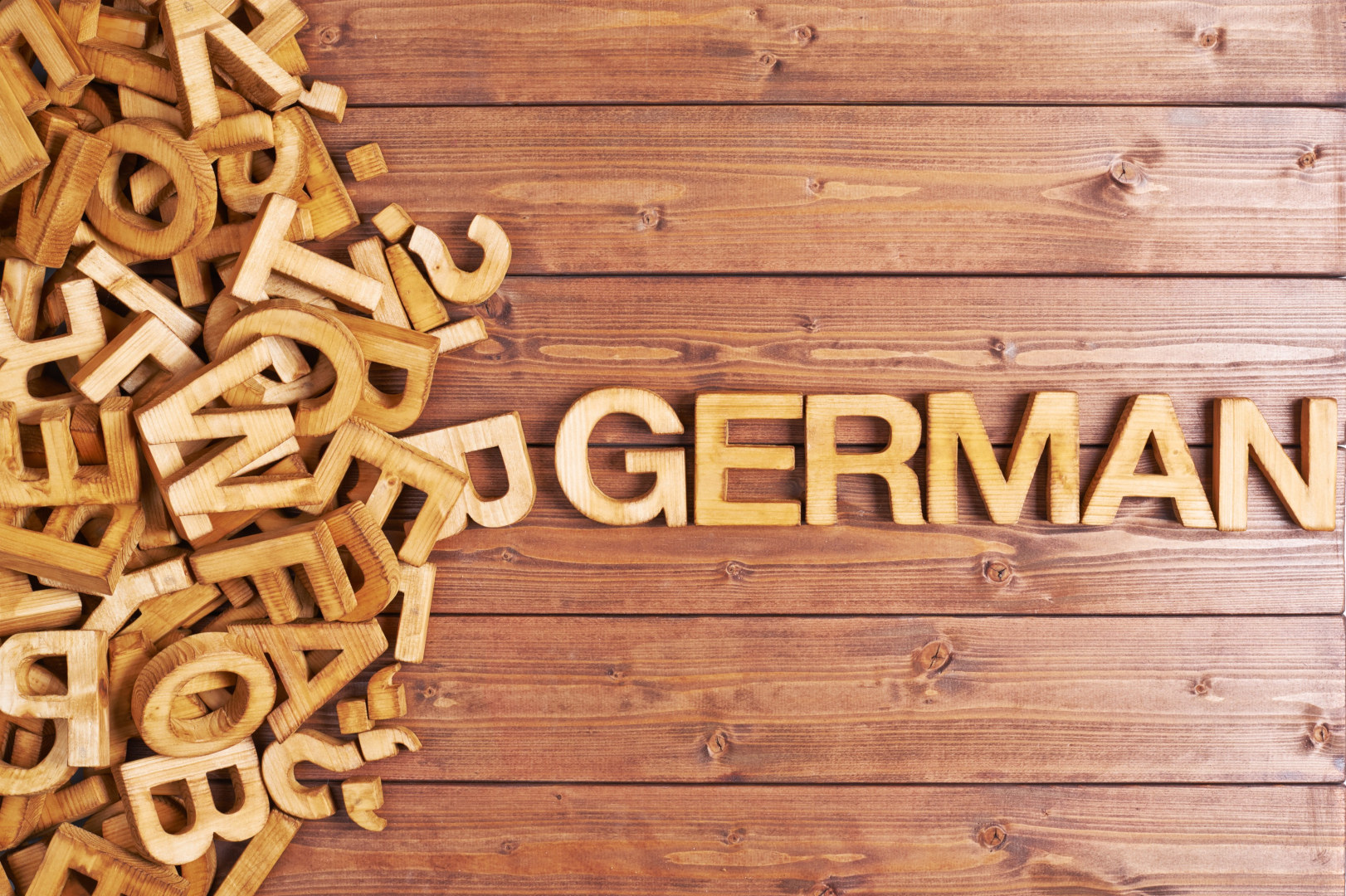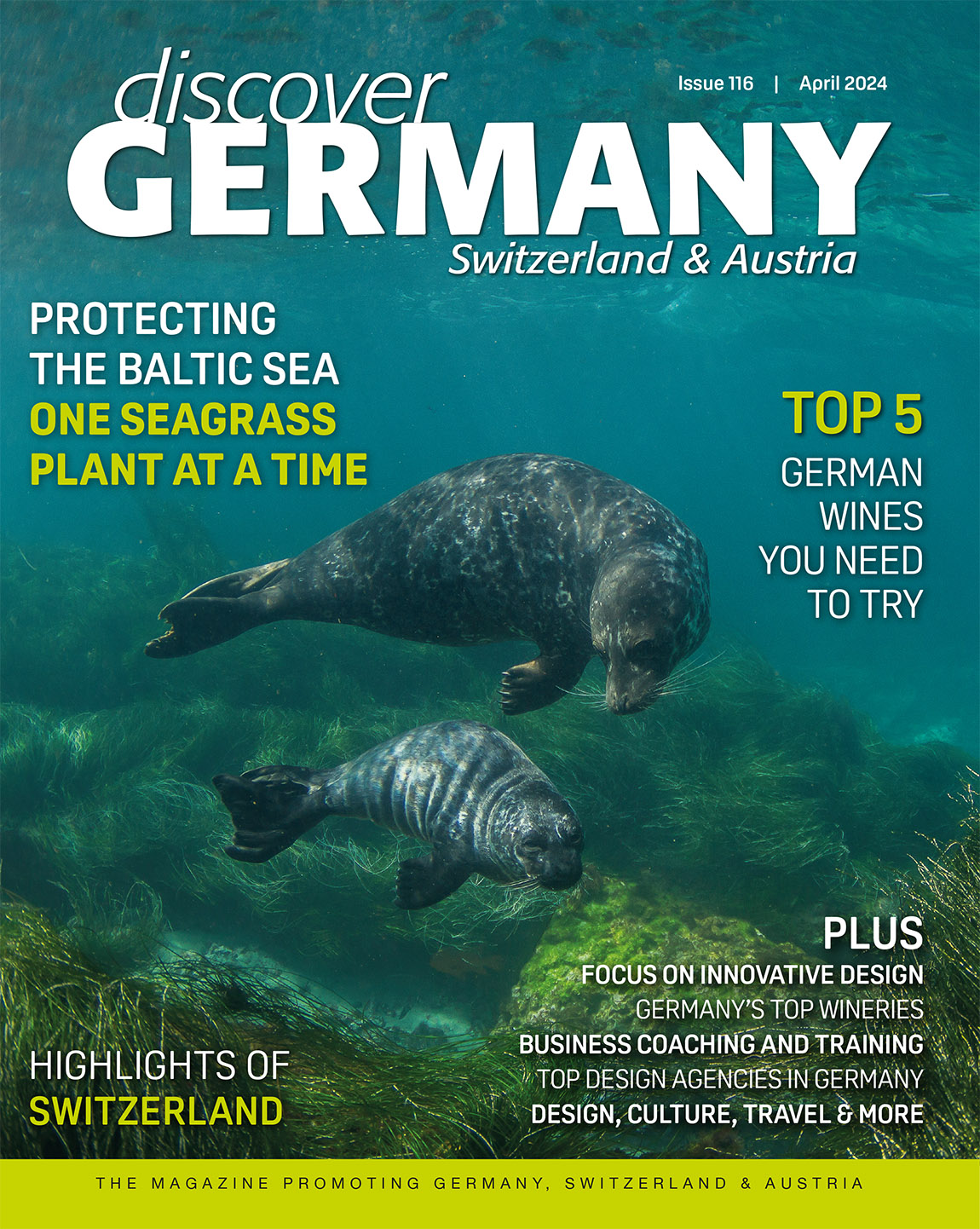The delights of the German, French and Italian vocabulary On some rather interesting terms – December 2019

In this column, author Adam Jacot de Boinod explores the weird and wonderful world of German, French and Italian vocabulary, and discovers some rather interesting terms. Let us take a look at what he has found.
TEXT: ADAM JACOT DE BOINOD | PHOTO © DREAMSTIME
Palindromes – these words and sentences that read the same backwards have been popular since ancient times. The Germans have even come up with a palindromic word – Eibohphobie – that means a fear of palindromes. Here are some of the longer and the more well-known:
– “Et la marine va, papa, venir à Malte” (French) translates to: “And the Navy, Dad, will come to Malta”
– “Esope reste ici et se repose” (French) translates to “Aesop remains here and rests”
– “Eh ca va la vache!” (French) translates to “Eh, how are you, the cow!”
– “Elu par cette crapule” (French) translates to “Elected by this villain”
– “Trug Tim eine so helle Hose nie mit Gurt?“ (German) translates to “Has Tim never worn such light-coloured pants with a belt?”
– “Sei fein, nie fies” (German) translates to “Be fine/nice, never be nasty”
– “Erika feuert nur untreue Fakire“(German) translates to “Erika only fires unfaithful fakirs“
– “O Genie, der Herr ehre dein Ego!“ (German) translates to “O genius, the Lord shall honour your ego!”
– “O mordo tua nuora o aro un autodromo” (Italian) translates to “Either I bite your daughter-in-law or I plough a racetrack”
– And “I topi non avevano nipoti” (Italian) translates to “The mice had no grandchildren”
Long words
While French can offer anticonstitutionnellement (25 letters) meaning ‘unconstitutionally’ and Italian ‘precipitevolissimevolmente’ (26 letters) ‘to do something in a hurry’, the Germans are renowned for their love of long words where several words are bolted together to form an extremely specific word, such as:
– Reichseisenbahnhinundherschiebershäuschen (41 letters): the little house of the state railway track shunter
– Grundstücksverkehrsgenehmigungszuständigkeitsübertragungsverordnung (67 letters): a regulation about competences
Tongue twisters
Certainly one aspect of mastering a language is being able to master its tongue twisters. They are always decidedly odd sentences: “Combien de sous sont ces saucissons-ci? Ces saucissons-ci sont six sous” (“How much are these sausages here? These sausages here are six cents”).
While here’s a German one that requires even more practice: “zwei schwartze schleimige Schlangen sitzen zwischen zwei spitzigen Steinen und zischen” (“Two black slimy snakes sit between two pointed stones and hiss”).
Adam Jacot de Boinod worked on the first series of the BBC panel game QI for Stephen Fry. He is a British author having written three books about unusual words with Penguin Press.
Disclaimer: The views and opinions expressed in this column are those of the author and do not necessarily reflect the official policy or position of Scan Magazine Ltd.’
Subscribe to Our Newsletter
Receive our monthly newsletter by email




